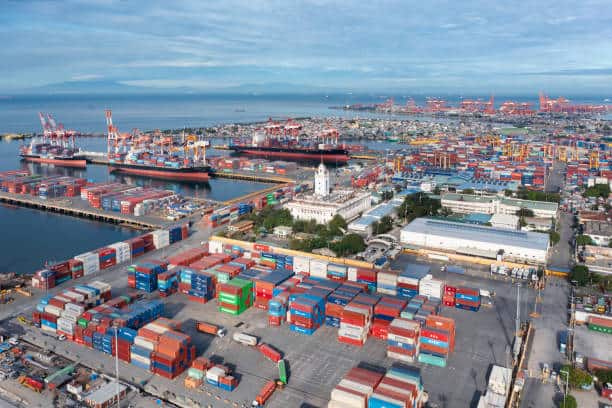Japanese Food Sector Collaborates to Enhance Supply Chain Efficiency
In a proactive move to address Japan’s logistics challenges, major players in the food industry are coming together to revolutionize their supply chain systems. Facing issues like labor shortages and inefficiencies in trucking, leading seafood and frozen food companies are joining forces to create a more streamlined and efficient logistics framework. This collaboration focuses on…
Details









